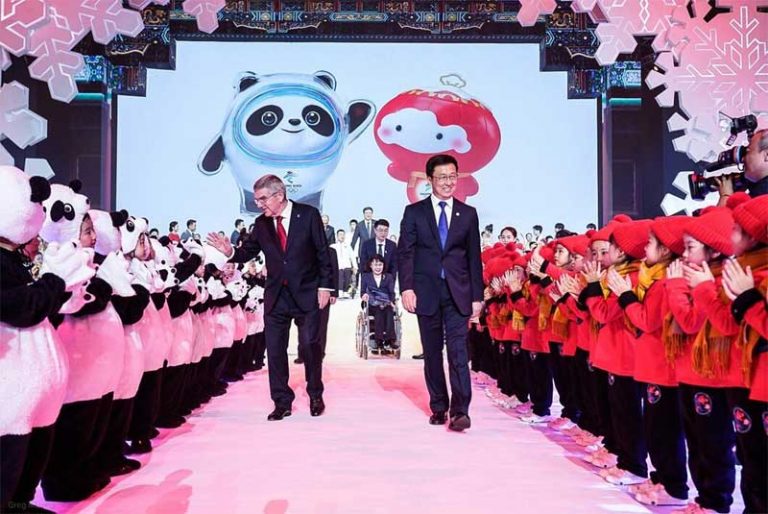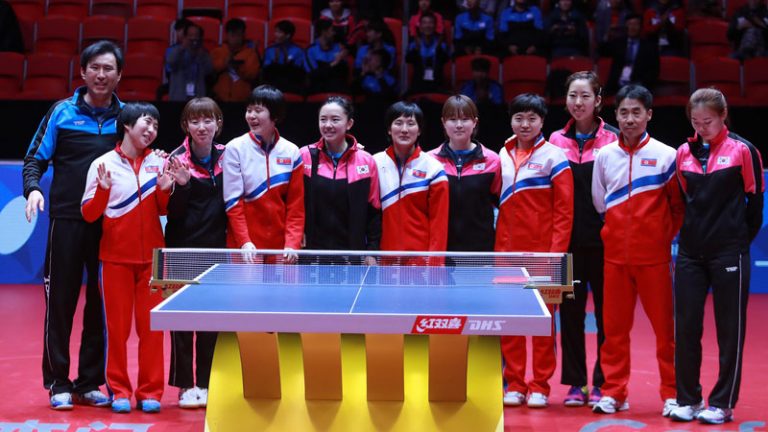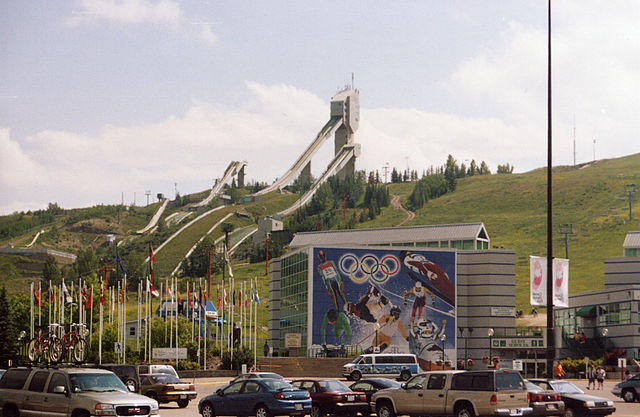Reporting from Kuala Lumpur Convention Centre in Malaysia – The selection of Beijing to host the 2022 Olympic Winter Games, while historic, reveals a significant defect in the Olympic bid process that is itself a relic of the past. Beijing’s margin of victory was slim, just four votes in the 44 to 40 win meaning that even a two-vote swing to rival Almaty could have rendered a different result.
The close margin was a surprise to most who believed that Beijing was an overwhelming favourite, though many long-time observers knew that Almaty was gaining ground due to its impressive storytelling around the “keeping it real” theme. But what makes the result even more impressive for Almaty is that the former Kazakh capital was playing on an uphill field.
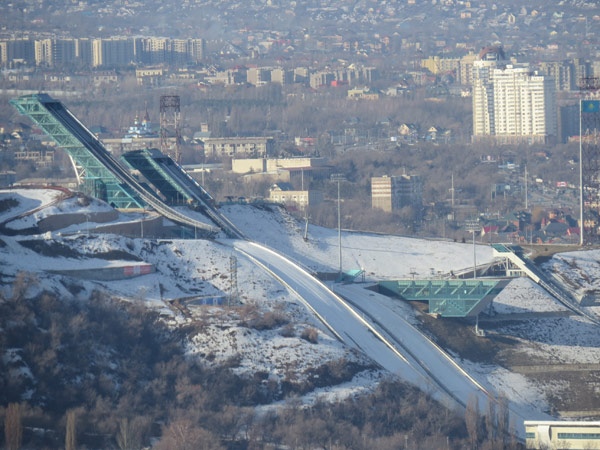
After the Salt Lake City vote-buying scandal in 1998 that resulted in the expulsion of several International Olympic Committee (IOC) members on charges of corruption related to the bid process, the organization banned member bid city visits as part of a sweeping set of reforms. At the time, it was the right call.
But now, 17 years later the IOC is proud to discuss how the organization is reformed and exceedingly transparent – yet the bid city visit ban remains. Does the organization still mistrust its own elected members?
There was hope last year that the visits may be reinstated as part of the Agenda 2020 set of reforms but President Thomas Bach declined to make any changes at that time.
So here’s the thing. Beijing is well-known commodity to the IOC and its members – not only did the city host the 2008 Olympic Games, but it has also hosted many meetings and other related sport events. It would be safe to say that every voter on Friday (or at least most of them) has been to Beijing and had a chance to experience some venues, the culture and the ambience – and they have personal memories of the place.
For Almaty, it would be safe to say that most of the members have not been to the former Kazakh capital – or perhaps not ever been to Kazakhstan itself. Knowledge of the former Soviet Republic is low around the world unless you have formed a completely erroneous opinion of the nation by watching the 2006 Borat film. While a small evaluation commission team from the IOC did travel to the city in February and file a report for the other members to review, that’s hardly a first-hand experience.

It should be noted that while the IOC has leveraged evaluation reports as a tool to elect host cities for many years now, rarely does the top scoring city actually win the vote. In fact both Sochi 2014 and Rio 2016 had the lowest scoring evaluations in their fields before being elected. In short, the system doesn’t seem to work as designed.
Simply put, members who cast votes for the 2022 Olympic Winter Games have most likely experienced Beijing personally, and not Almaty. Allowing visits by members to bid cities would have eliminated this significant advantage to Beijing.
Almaty 2022 Bid co-chair Andrey Kryukov recognized this risk, he said Thursday “one time to see is better than 20 times to hear.”
It’s human nature to have a bias towards something you are familiar with rather than expose yourself to something unknown. But there’s more.
I had the opportunity to travel to both cities this year during the IOC evaluation commission visits, seeing Almaty in February during what would have been Olympic Games dates – and Beijing in March coinciding with the Paralympic Games dates. Arguably I was in a much better position to cast a vote in the host city election than most of the members, but of course it doesn’t work that way.
Upon arrival in Almaty I had no idea what to expect, and I had very little knowledge of Kazakhstan except for what I had read in bid documents beforehand. What I saw was unexpected and pleasantly surprising.
Though I had been told in advance that the plan was compact and the ski jump was in the city neighbouring the Ritz-Carlton hotel – I took it as hyperbole, typical with Olympic bid marketing-style brochures. But when I arrived for the first press opportunity at the Ritz, there it was, so close that I could imagine watching the jumpers in competition while drinking tea in the club lounge of the hotel.
Then, while being shuttled between venues I can’t count how many times I thought “we’re here already?” while struggling to find time to file my notes collected from the last venue. At one of those venues, a popular and historical ski resort, I was able to enjoy the fresh snow while watching colleagues enjoy a morning of sport as I caught up on Twitter.
There are those things that can’t be put in words at all – the people, the culture and the spirit. The IOC members won’t know what they missed in this regard.
My visit to Beijing was later in March when snow cover would be typically less than in February. But I was in the Zhangjiakou snow cluster on a date when the Paralympic Games will be staged. Simply put, it wasn’t wintery. Ski resorts in the area were closed for the season.
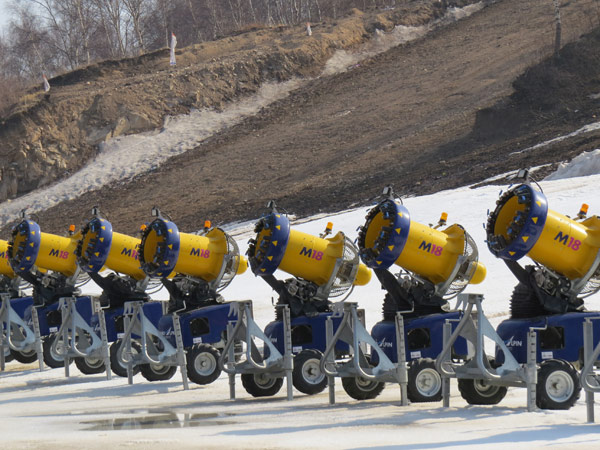
To be fair, Beijing will successfully host the Olympic Games, for all the reasons why the IOC elected the city. It has the experience, the financing, the economic potential and the will of a supportive nation. But those are logistical elements that can be easily understood on paper. As the IOC attests, the Games are for the athletes and Agenda 2020 called for a new evaluation criteria titled “The Athletes’ Experience.”
If so, don’t the athletes then deserve the full due-diligence of the IOC members? Shouldn’t the members experience the city and the facilities as they will expect the athletes to, especially if they want to verify the quality of the athlete experience?
If IOC members shared my on-site experiences do you think at least two of them may have changed their votes to Almaty? I’m certain that would have been the case. And that would have changed the result, and it would have changed history.
It’s time for the IOC to reinstate bid city visits.
